In the Chinese movie American Dreams in China, three young men in the 1980s opened a language school to prepare Chinese students for TOEFL, a test for nonnative English speakers who wish to enroll in English-speaking universities. The school helped generations of Chinese students to go to study in the U.S.
Four decades later, the dream seems to be fading in the minds of many Chinese students.
A recent report by The Wall Street Journal said that during the first half of 2022, U.S. student visas issued to Chinese nationals dropped more than 50 percent compared with pre-pandemic levels.
In the first six months of 2022, the U.S. issued 31,055 F-1 visas to Chinese nationals, down from 64,261 for the same period in 2019, according to data from the U.S. State Department. F-1 visas allow foreigners to study in schools in the U.S..
The University of Miami Herbert Business School, which is ranked No 1 in Florida and No 26 globally in Business Administration based on the 2021 Academic Ranking of World Universities, has seen a 30 percent drop in Chinese graduate students this year.
"At the peak maybe four years ago, we maybe had as many as 300 Chinese students," John Quelch, dean of the University of Miami Herbert Business School, told China Daily. This year, the university has about 140 Chinese students, he said, adding that is a rough estimate.
"We believe that we are not as badly off here because we are well-known in China as a China-friendly business school," said Quelch. "We're very culturally diverse. The Coral Gables campus south of Miami is self-contained and very safe and beautiful."
For more than a decade, China has been the largest source of U.S. international students. They provide crucial tuition fees for colleges as many international students pay close to the full sticker price, particularly at public universities where most international students pay much higher nonresident tuition rates-as do nonresident U.S. citizens-than in-state students.
During the 2020-21 school year, 317,299 Chinese nationals enrolled in U.S. institutions, representing about a third of all international students studying in the U.S., a Pew Research study in 2021 said.
In the 2019 academic year, Chinese students contributed $15.9 billion in economic value, according to a report by the Institute of International Education's Open Doors.
The deterioration of China-U.S. relations is one of the reasons prompting Chinese students to seek higher education elsewhere.
"The decision to go to graduate school, it's usually at least one year and sometimes two years in the making. People do not decide on Friday and go on Monday," said Quelch. "So, I do feel that the cumulative weight of deteriorating U.S.-China relations has definitely caused more potential students and parents in China to question whether the U.S. is a hospitable place."
Biases are also affecting where Chinese students choose to study.
A 2021 report from the Carter Center found that 62 percent of the Chinese internet-using population had a negative perception of the U.S.. Research published in March shows that younger Chinese, those born in the 1990s and later, tend to have a more negative impression of the U.S. than their parents do.
"We are very keen to maintain the flow of Chinese graduate students to a school. It's just very important for people-to-people exchanges and mutual understanding," said Quelch, who served previously as dean at both the London Business School and the China Europe International Business School in Shanghai, and as senior associate dean at Harvard Business School.
"The China-U.S. relationship is the single most important bilateral relationship. And it's essential that we have as many Chinese students as possible developing their understanding of American culture and the way Americans think and behave in business. And I wish that we had the same number of Americans who were willing and eager to study in China," he said.
The language school that opened in the 1980s to help Chinese students study in the U.S. is now the New Oriental Education Technology Group, a Chinese education company. The company's recent study showed the interest of Chinese students in studying in the U.S. has been in decline since 2017, even as overall Chinese interest in studying abroad has been surging.
These days, more students express interest in going to the UK than the U.S., while interest in Hong Kong and Singapore is climbing steadily, the report says.
One of the reasons why these regions and countries are of interest to Chinese students is because they are English-speaking places, said Quelch.
"English is the primary currency of business, the language of business worldwide. And so it makes sense from the point of view of developing your language capability," he said.
minluzhang@chinadailyusa.com








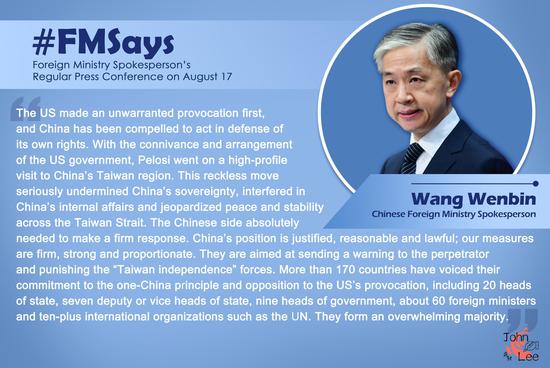
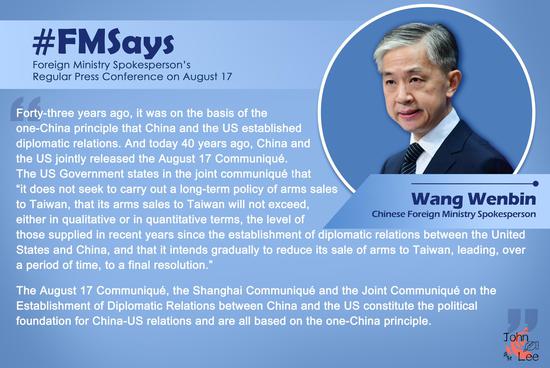





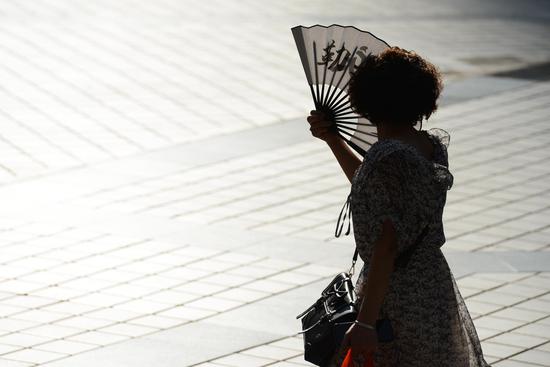







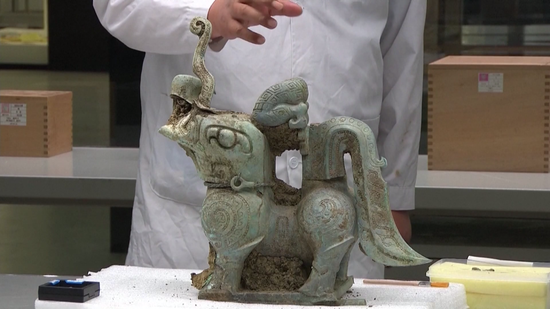





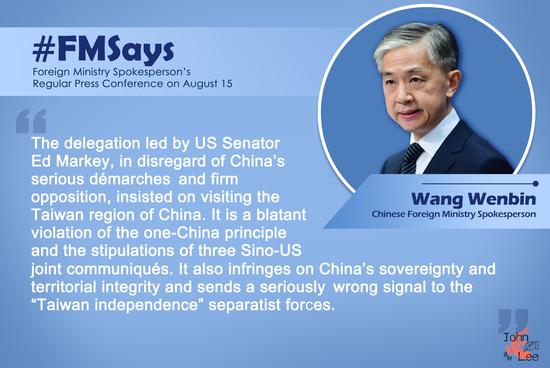
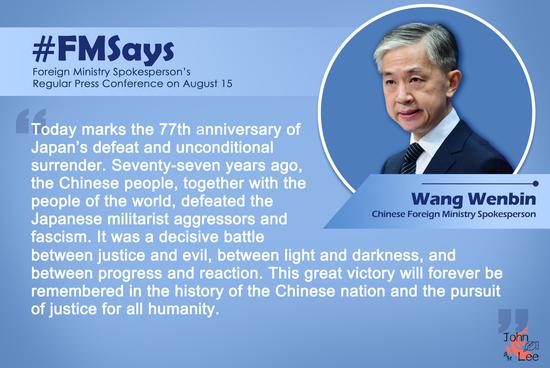
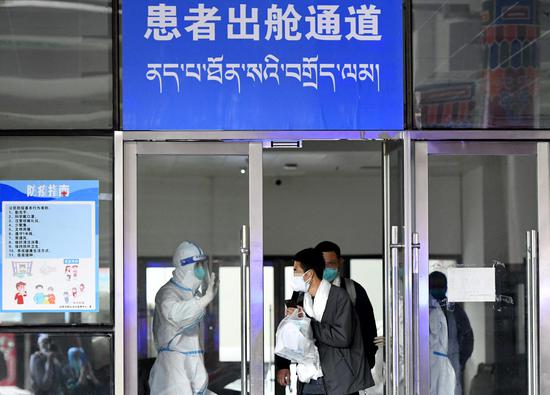








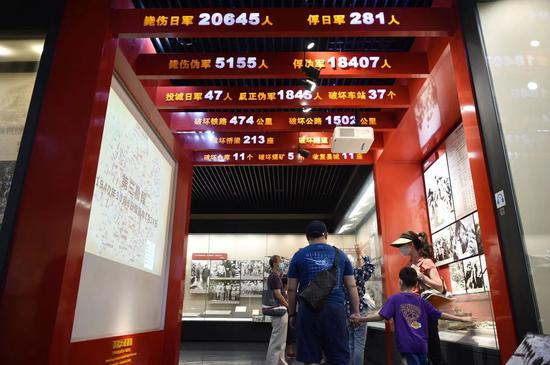









 京公網(wǎng)安備 11010202009201號
京公網(wǎng)安備 11010202009201號